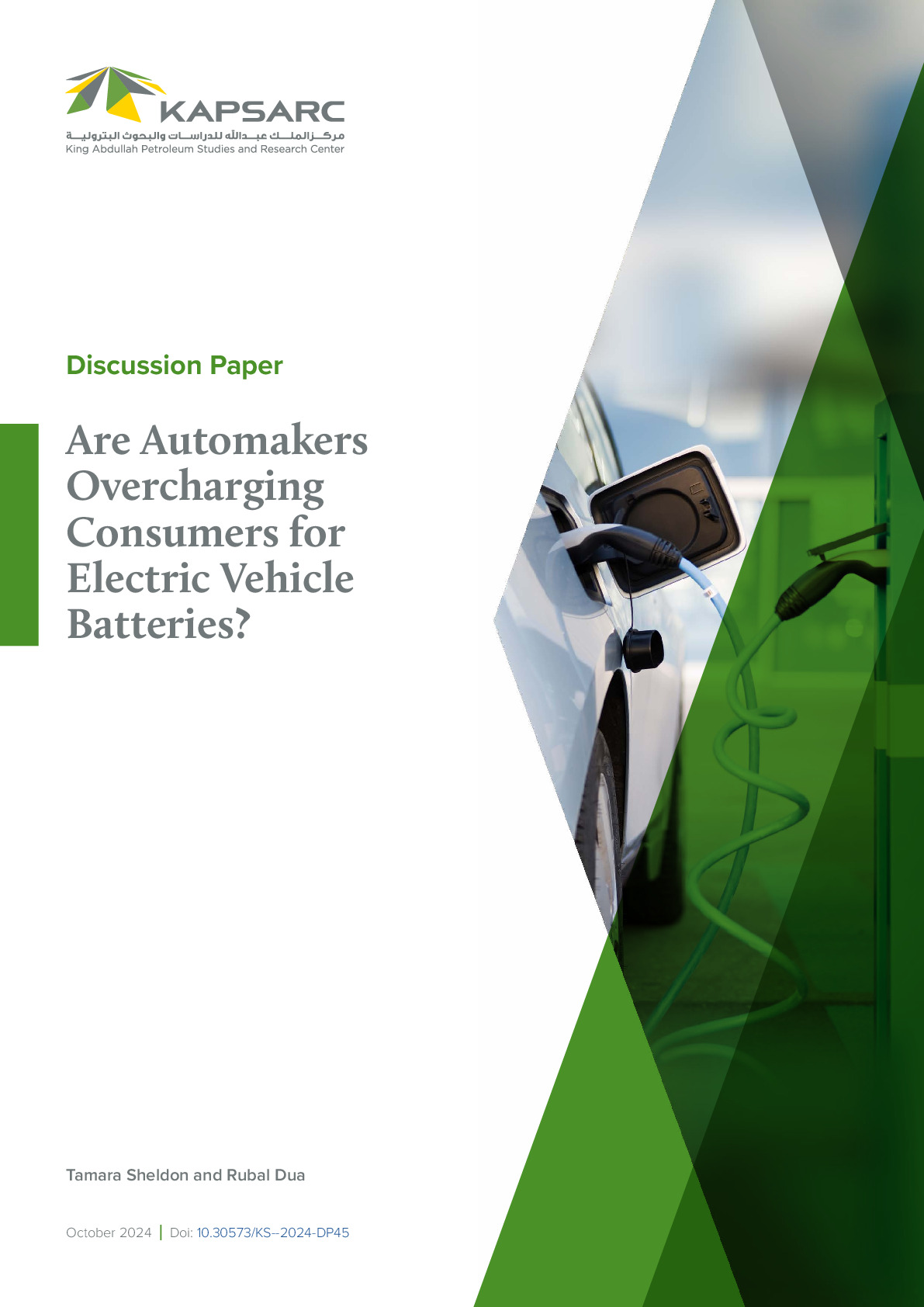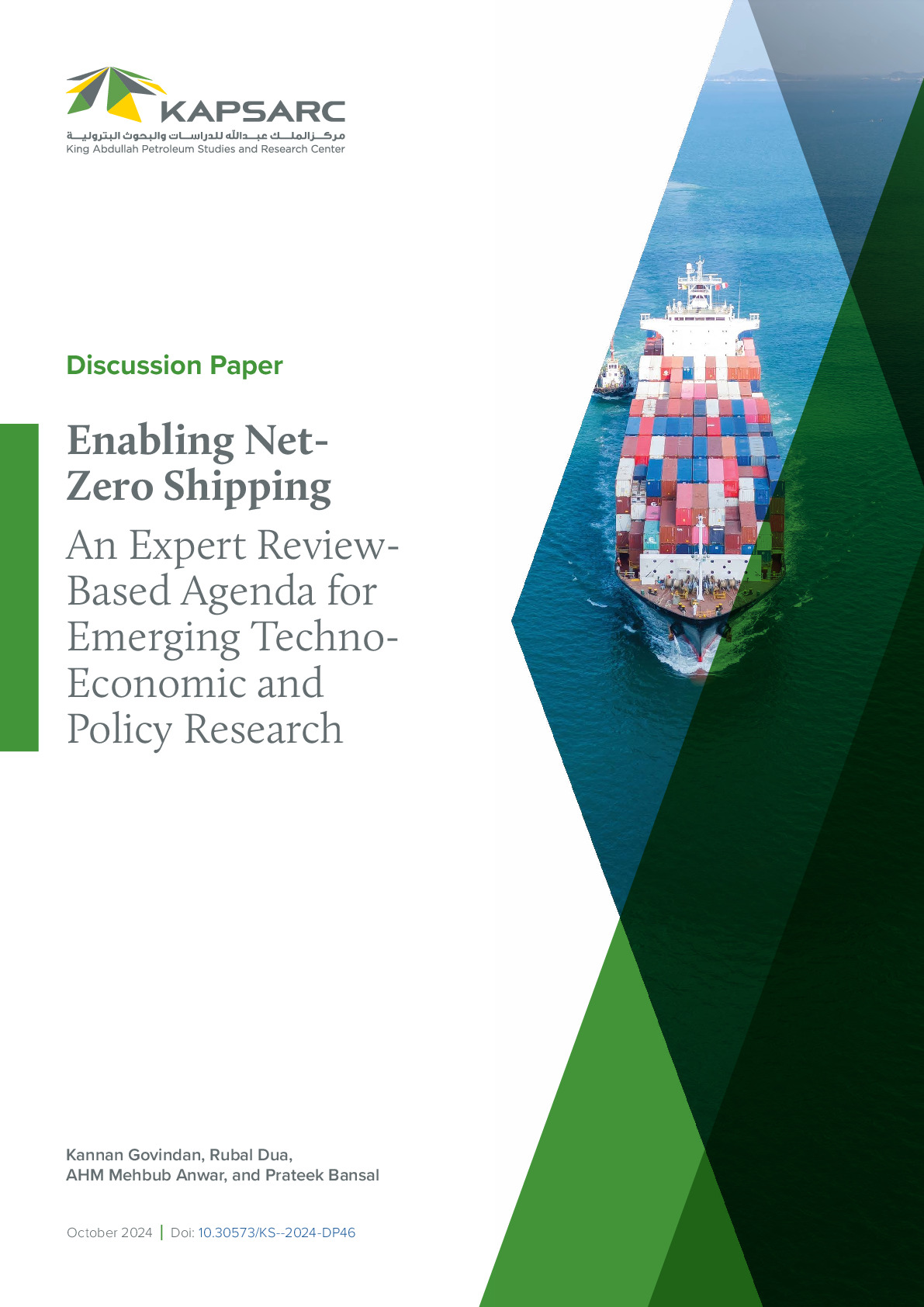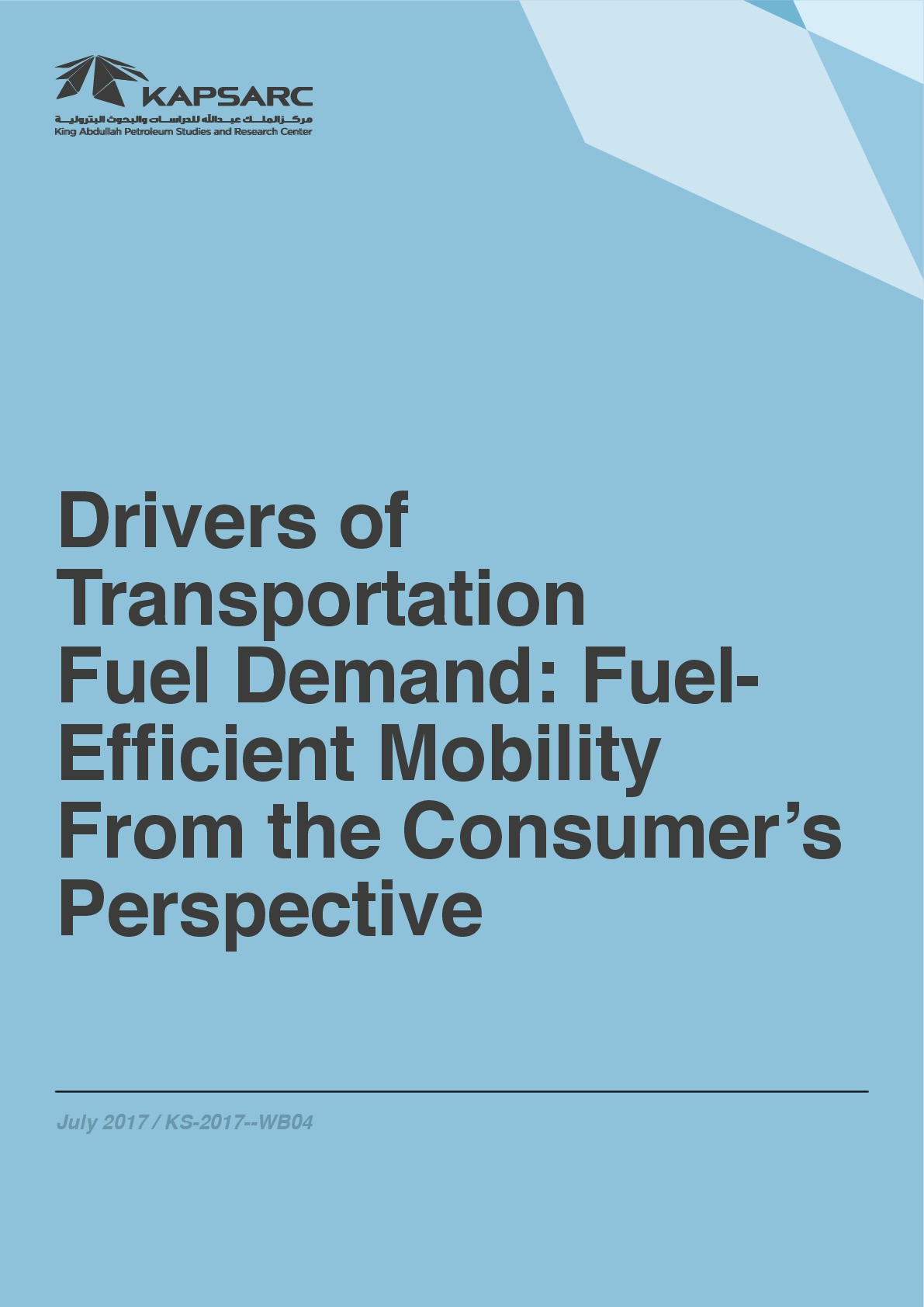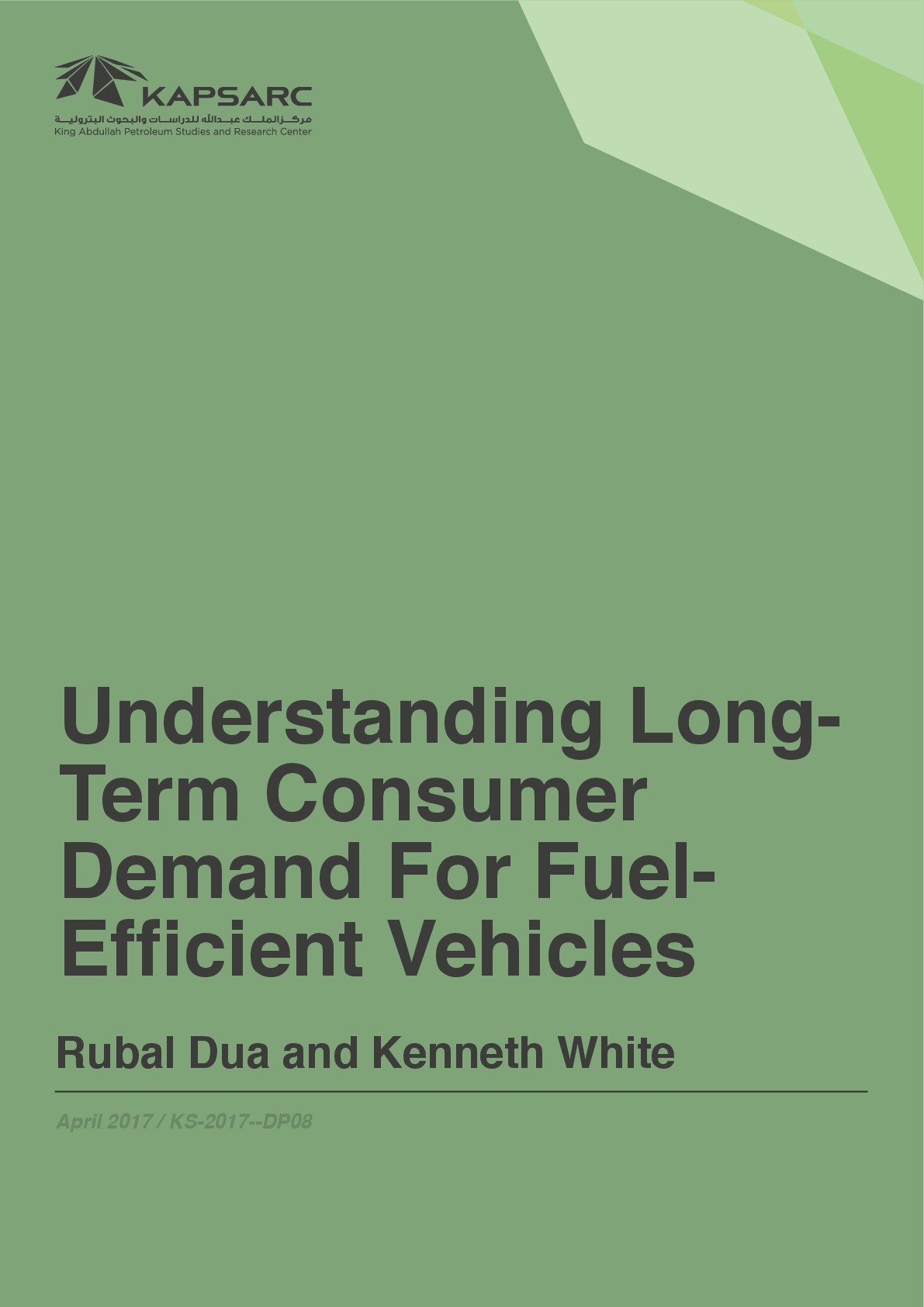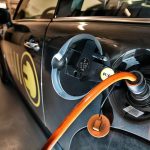This paper investigates the drivers of recent improvements in Saudi Arabia’s new light-duty vehicle fleet fuel economy. A vehicle choice model is estimated using aggregate and disaggregate new vehicle purchase data. The estimates are used to simulate counterfactual policy scenarios.
The simulation results suggest that:
- Price elasticity of fuel economy for new vehicles has been decreasing in Saudi Arabia over recent years, but it is still more elastic than the new vehicle market in the United States (U.S.). Pegging Saudi Arabia’s fuel economy standards to U.S. fuel economy standards might warrant further economic evaluation.
- The increase in domestic gasoline prices in Saudi Arabia between 2014 and 2016 accounted for 42% of the increase in estimated new vehicle fleet fuel economy over that period. The remainder of the increase could be attributable to changes in product offerings and consumer preferences.
- The estimated elasticities, and thus policy sensitivities, vary by income and household size. Thus, a revenue-neutral ‘feebate’ policy – involving taxes on fuel-inefficient vehicles and rebates for fuel-efficient vehicles – could be more progressive than another gasoline price increase.


